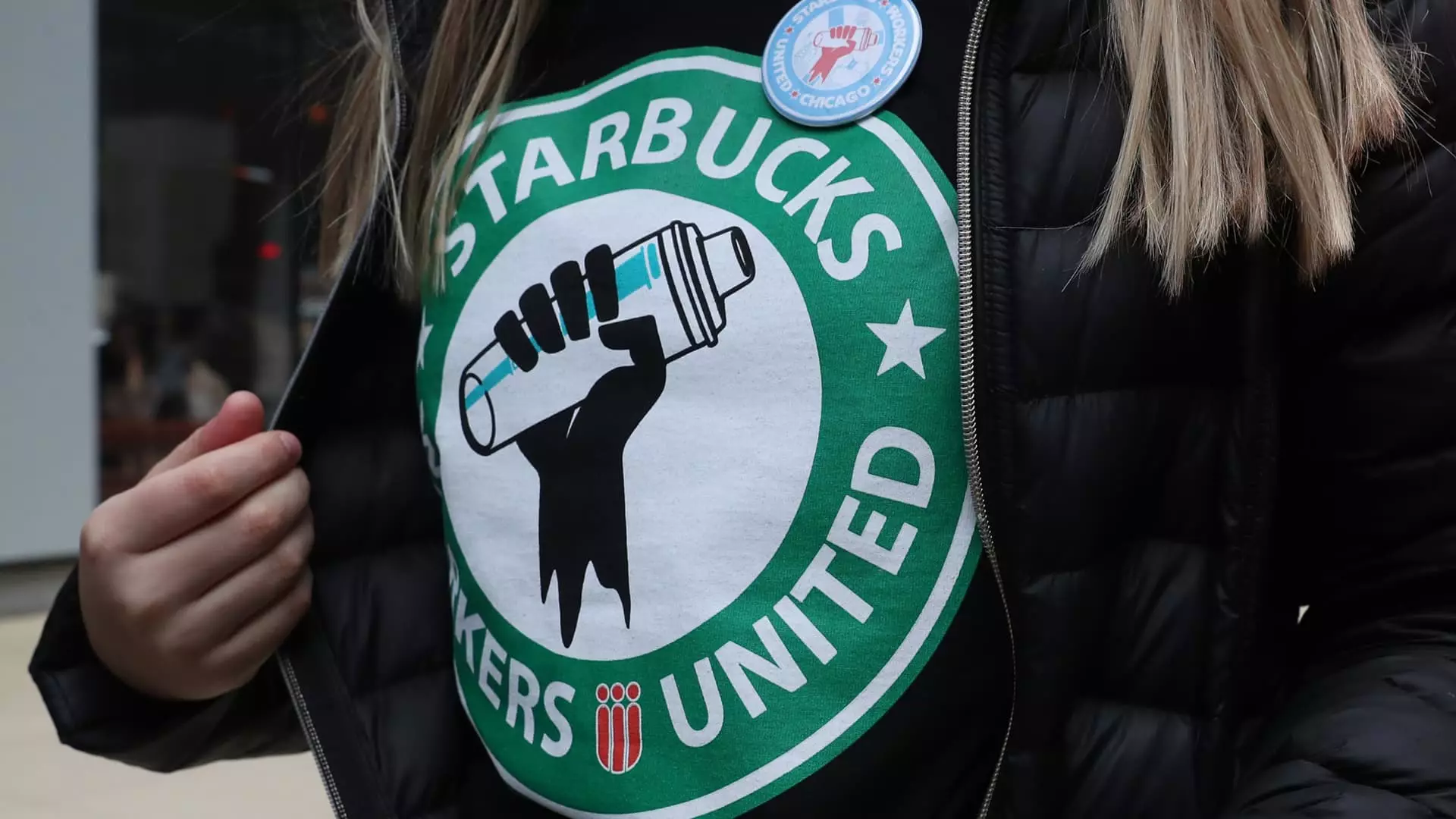Starbucks and the union representing its baristas have decided to resume contract negotiations after an extended period of stalemate. This development comes following their previous announcement in February about finding a “constructive path forward” during mediation discussions. This marks a significant shift for Starbucks, which had been embroiled in a two-year battle against Workers United and the broader unionization movement within its cafes. While approximately 500 company-owned Starbucks locations in the U.S. have voted to unionize under Workers United since December 2021, these establishments have yet to reach a collective bargaining agreement.
Previous attempts at bargaining between Starbucks and the union, affiliated with the Service Employees International Union, quickly reached a stalemate with both sides accusing each other of sabotage. Notably, Starbucks had insisted on in-person negotiations with no allowance for representatives to appear via Zoom, which the union criticized as a stalling tactic. This time around, the negotiations will involve around 150 union representatives physically present, with several hundred participating remotely. While store agreements will be dealt with separately, the union may propose changes that impact all Starbucks workers under its representation.
Workers United has advocated for higher wages, more consistent scheduling, and various other priorities in alignment with broader labor rights advocacy. It is important to note that labor laws do not mandate the conclusion of a collective bargaining agreement, only that both parties engage in negotiations in good faith. Workers who lose confidence in the union have the option to petition for decertification after a year, thereby imposing a deadline on negotiations. Currently, the National Labor Relations Board has 19 pending petitions for decertification, with 18 previous requests denied due to alleged unfair labor practices by Starbucks.
The resumption of contract negotiations coincides with Starbucks’ appearance before the Supreme Court to challenge a lower court’s decision to reinstate seven terminated workers at a Memphis cafe. The company argues that the NLRB’s injunction standard differs from other agencies, potentially pointing to a broader impact on labor regulations and organized labor pending the Supreme Court’s ruling later this year. Starbucks may provide more insights into the union negotiations during its upcoming quarterly earnings call, indicating a potentially significant development in the ongoing labor dispute.
The decision to restart contract negotiations between Starbucks and Workers United represents a pivotal moment in the broader landscape of labor relations within the company. The various challenges, accusations, and legal proceedings surrounding the negotiations underscore the complexity and importance of collective bargaining in ensuring fair treatment and representation for workers. The outcomes of these negotiations, alongside the Supreme Court’s ruling, will likely have lasting effects on Starbucks’ labor practices and the unionization movement within its cafes.


Leave a Reply